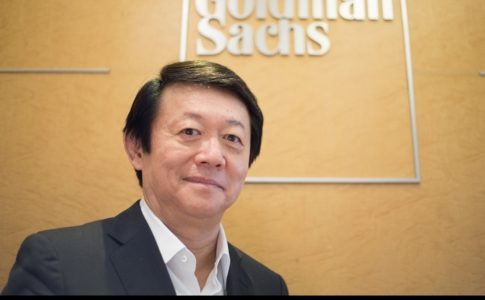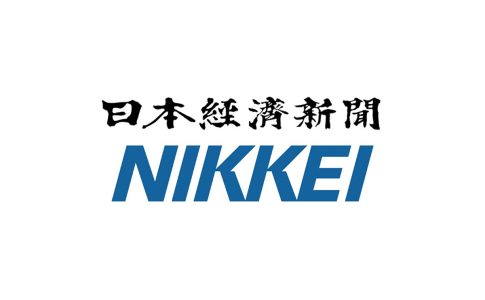The book known by the title “Bushido Capitalism” was penned by Kengo Sakurada, the Chairman of SOMPO Holdings (a Japanese financial services company) and former Chairman of the Japan Association of Corporate Executives (Keizai Doyukai). After being released in English in July 2021, it was translated by Satomi Shibata and subsequently released in Japan in January 2022. Sakurada, drawing inspiration from Inazo Nitobe’s “Bushido: The Soul of Japan,” wrote this book with the belief that the Japanese way of the warrior, or bushido, could offer insights to global business leaders.
The book boasts of integrating fashionable business theories while lauding Sakurada’s own efforts in transforming SOMPO Holdings into a company conscious of the Sustainable Development Goals (SDGs) – a collection of 17 interlinked global goals designed to be a “blueprint to achieve a better and more sustainable future for all” set in 2015 by the United Nations General Assembly. However, it has also been criticized for its vague logic in applying the bushido value of “righteousness” to contemporary management practices.
Sakurada has garnered endorsements from the CEOs of Palantir Technologies (a public American software company specializing in big data analytics) and Salesforce.com (an American cloud-based software company), showcasing his foresight. However, his management style is currently under increasing scrutiny.
Particularly problematic is the fact that SOMPO Japan, a subsidiary of SOMPO Holdings (SHD), continued its dealings with Big Motor Co. despite being aware of their misconduct. The Financial Services Agency (FSA), Japan’s financial regulator, has questioned SHD and Sakurada’s responsibility in this matter and is investigating whether Sakurada has been diligent in legal compliance. The FSA has pointed out issues with the former president of SOMPO Japan (SJ) restarting transactions with Big Motor, focusing on governance issues within SHD.
Having ascended to the presidency of SHD in 2012 and reigning as the Group CEO for 11 years, Sakurada’s lengthy tenure is unusual even in the financial industry. Yet, during this period, the company’s performance has been lackluster compared to its peers. While there have been moves in the past to revise governance, including setting a term limit for executives, no clear answers have been provided currently.
In 2010, SHD transitioned to a holding company structure to tout increased transparency in governance. By 2019, it became a company with nominating committees, with independent directors playing a central role in the selection of executives and performance evaluation. However, doubts remain about the actual effectiveness of these measures.
Sakurada’s media strategies and external activities are said to contribute to self-promotion and the beautification of management, but the actual accountability for the company’s performance and ethical issues remains ambiguous. The independence of the nominating committee and whether past lessons have been learned remain opaque matters.
https://facta.co.jp/article/202311002.html












Leave a Reply